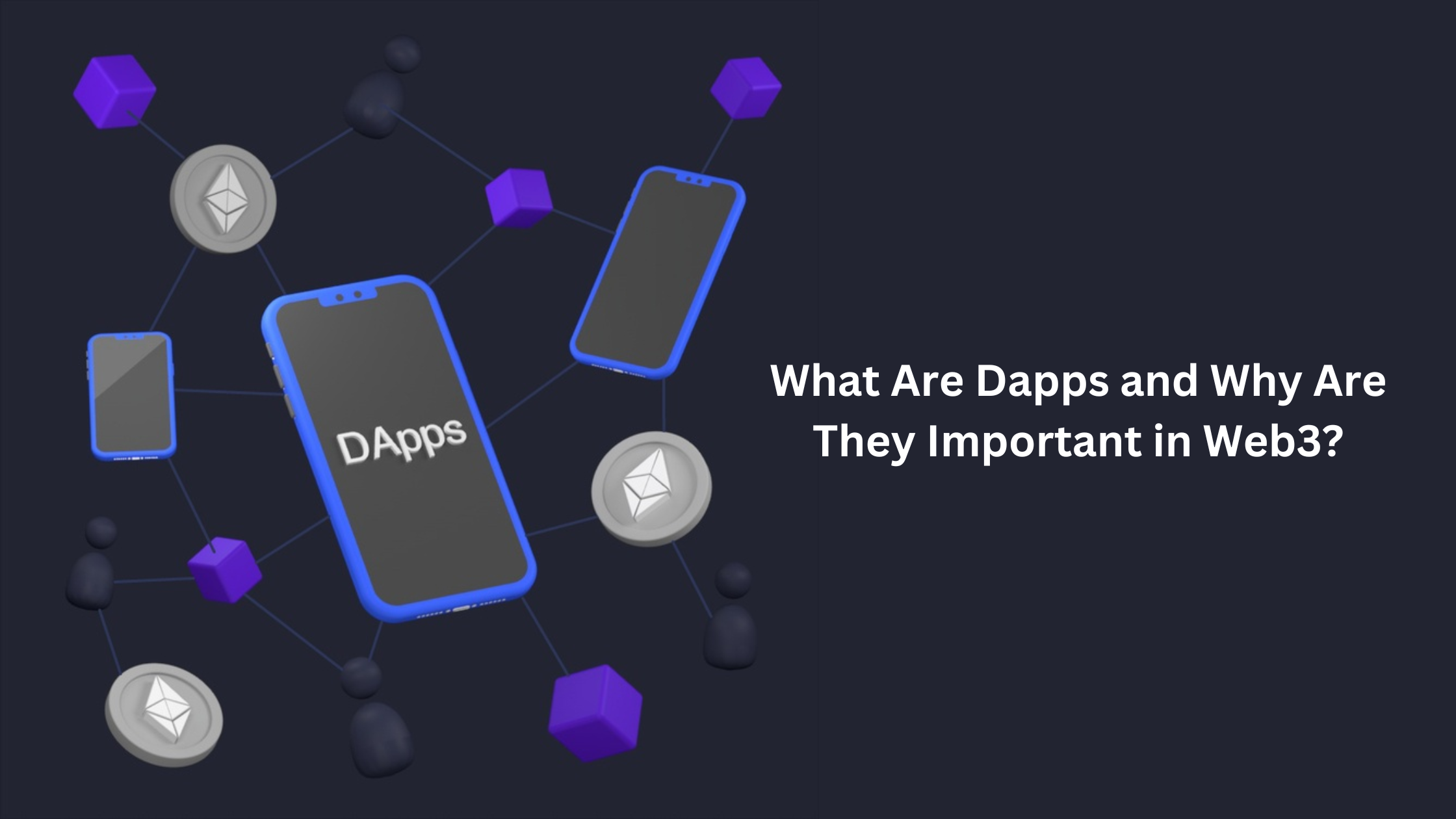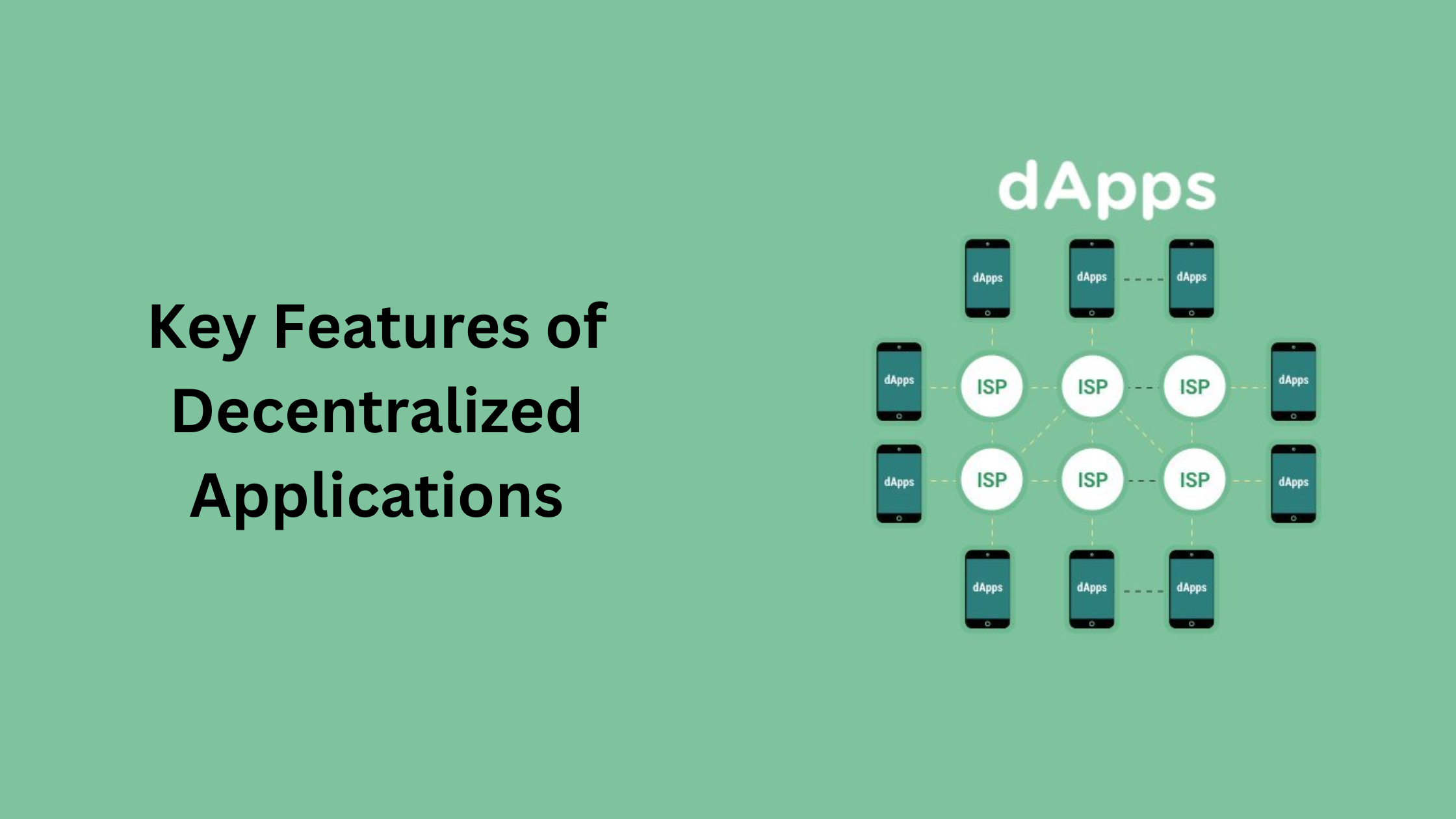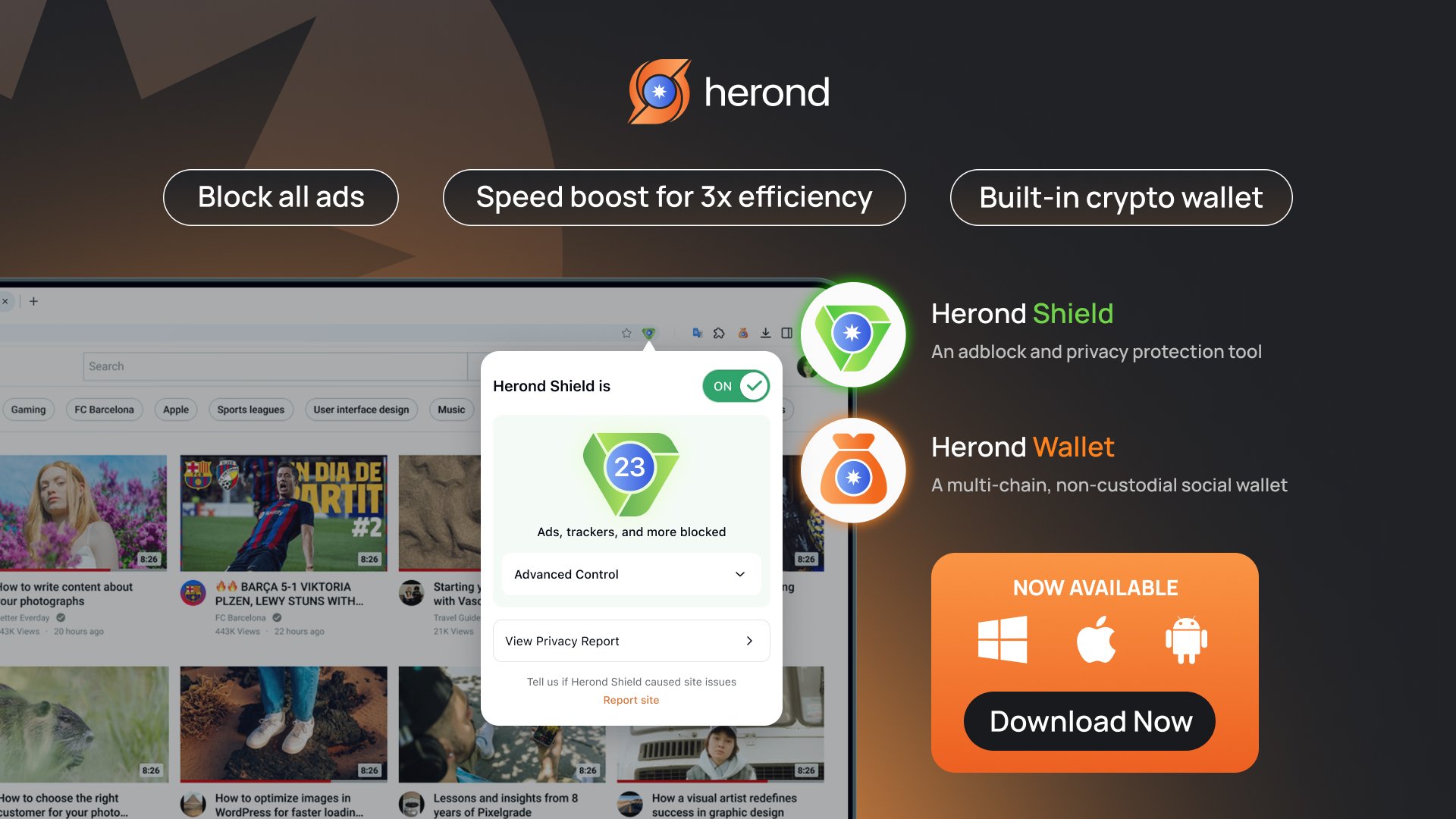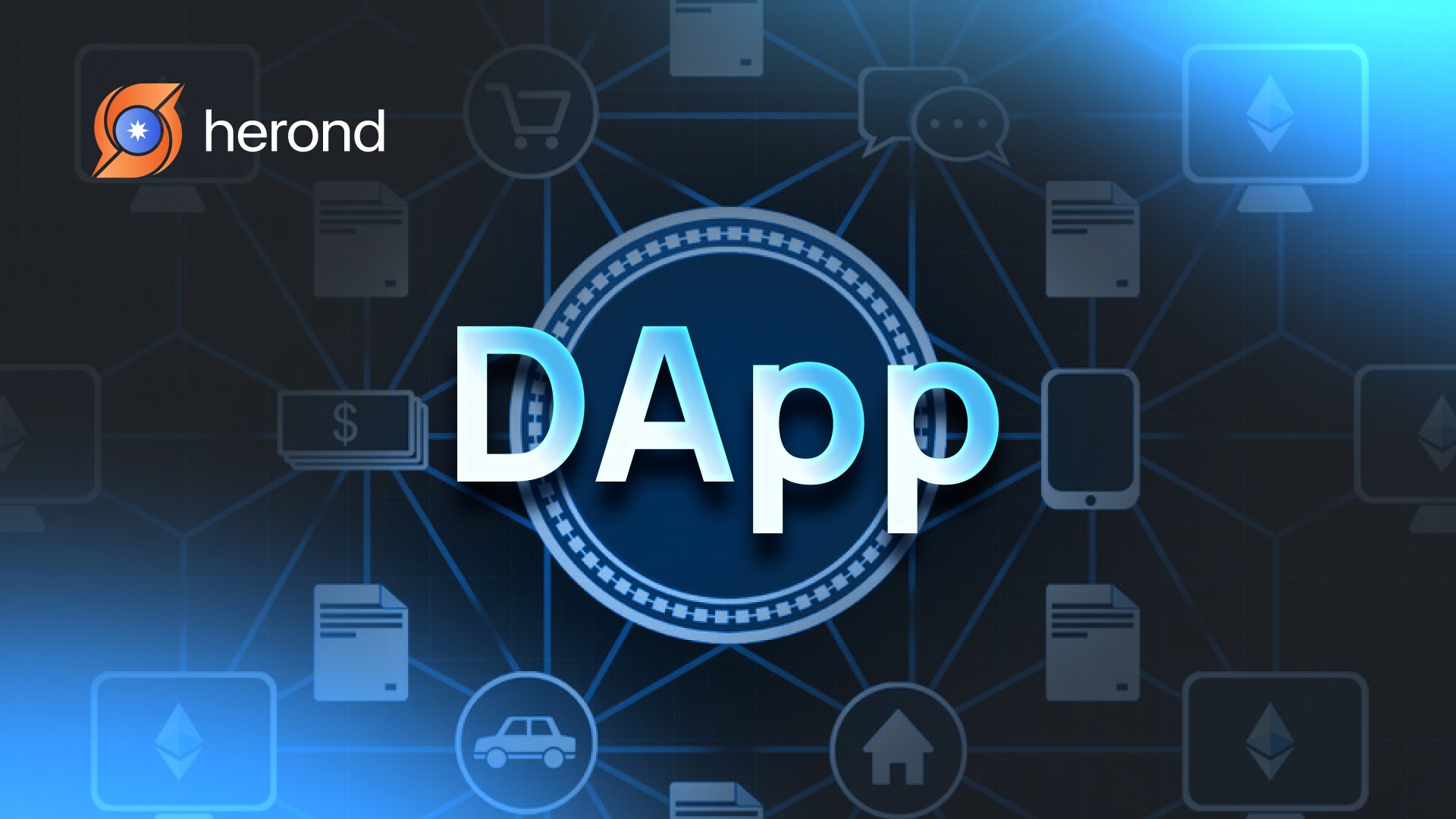Decentralized applications, commonly known as Dapps, are software programs that operate on decentralized networks, such as blockchains, rather than relying on centralized servers. This decentralized nature allows Dapps to function without a single controlling entity, promoting transparency, security, and user autonomy.

Understanding Decentralized Applications
Unlike traditional applications that depend on centralized servers, Dapps utilize peer-to-peer networks to execute their operations. They often incorporate smart contracts – self-executing contracts with the terms directly written into code – to automate processes and enforce agreements without intermediaries. This architecture ensures that once deployed, Dapps can run autonomously, reducing the risk of censorship and downtime.
The Role of Decentralized Applications in Web3
Web3 marks a transformative evolution from a centralized internet to a decentralized model prioritizing user control, privacy, and autonomy. In this paradigm, users regain ownership of their data and digital interactions. Dapps play a central role in enabling direct peer-to-peer engagement, operating on blockchain networks without intermediaries.
Dapps leverage smart contracts to execute automated, transparent, and tamper-proof operations, reducing dependence on centralized authorities. This empowers users with full control over their data, minimizing risks of breaches and exploitation, while allowing them to determine how their information is used or monetized. Moreover, Dapps facilitate decentralized governance, where communities influence decision-making through decentralized autonomous organizations (DAOs). They drive Web3 innovations like decentralized finance (DeFi), non-fungible tokens (NFTs), and decentralized social platforms, fostering new economic opportunities and transforming digital interactions. By bridging decentralization and innovation, Dapps are key to building a more equitable, secure, and user-centric internet.
Key Features of Decentralized Applications

- Decentralization: Dapps operate across a distributed network of nodes, ensuring no single point of failure and enhancing resilience.
- Transparency: The open-source nature of many Dapps allows for public scrutiny, fostering trust among users.
- Security: Utilizing cryptographic protocols, Dapps offer robust security measures, making unauthorized alterations difficult.
- Autonomy: Once deployed, Dapps can function independently, executing predefined actions without human intervention.
Examples of Decentralized Applications
Several Dapps have gained prominence across various sectors:
- Uniswap: A decentralized exchange that enables users to trade cryptocurrencies directly from their wallets without intermediaries.
- CryptoKitties: A blockchain-based game that allows players to collect, breed, and trade virtual cats, showcasing the potential of Dapps in gaming.
- Augur: A decentralized prediction market platform where users can create and participate in prediction markets on various topics.
Challenges and Considerations
Despite their advantages, Dapps face challenges such as scalability issues, user adoption hurdles, and regulatory uncertainties. The decentralized nature of these applications can lead to slower transaction times and higher costs, especially on congested networks. Additionally, the lack of central oversight can make it difficult to address malicious activities or technical failures.
Conclusion
Decentralized applications are at the forefront of the Web3 movement, offering a paradigm shift in how digital services are developed and consumed. By leveraging blockchain technology and decentralized networks, Dapps provide a more open, secure, and user-centric internet experience. As the ecosystem continues to evolve, Dapps are poised to play a pivotal role in shaping the future of online interactions.
About Herond Browser

Herond Browser is a Web browser that prioritizes users’ privacy by blocking ads and cookie trackers, while offering fast browsing speed and low bandwidth consumption. Herond Browser features two built-in key products:
- Herond Shield: an adblock and privacy protection tool;
- Herond Wallet: a multi-chain, non-custodial social wallet.
Herond aims at becoming the ultimate Web 3.0 solution, heading towards the future of mass adoption. Herond has now released the mobile version on CH Play and App Store. Join our Community!







